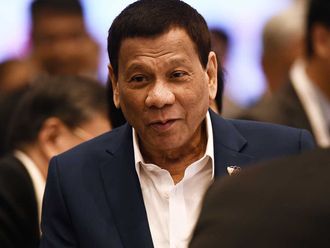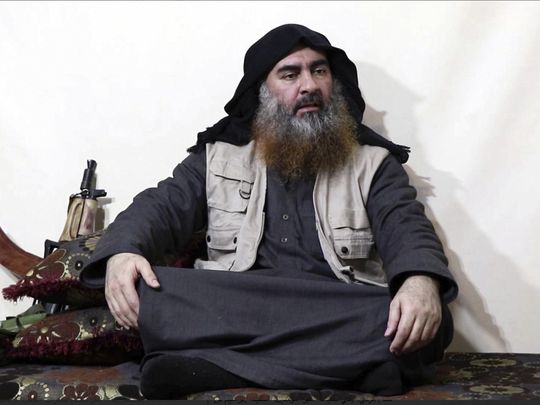
Washington: The apparent death of Daesh leader Abu Bakr al-Baghdadi could be a turning point for the extremist group as it fights for survival in the wake of the territorial defeat of its self-proclaimed caliphate earlier this year.
No one expects his death to spell the end of the organization that at its peak controlled territory the size of Great Britain and instigated terrorist attacks across Europe, said Javed Ali, a former White House counterterrorism director.
“In the annals of modern counterterrorism so far, what history has shown is these types of strikes do not lead to the strategic collapse or organizational defeat of a terrorism organization,” he said.
But the Daesh will have to contend with choosing and installing new leadership at a time when it is still struggling to reassert a significant presence on the ground in Iraq and Syria and to revive the external networks on which it relied to carry out major terrorist attacks overseas, U.S. and regional intelligence officials said.
What is the state of the group in Iraq and Syria?
Thousands of its fighters are imprisoned in Iraq and Syria, and tens of thousands of its supporters are detained in camps. Many of the Sunnis living in the areas once ruled by the Daesh have become disillusioned by the group’s harsh treatment of citizens and the destruction inflicted on their communities by the war to drive it out.
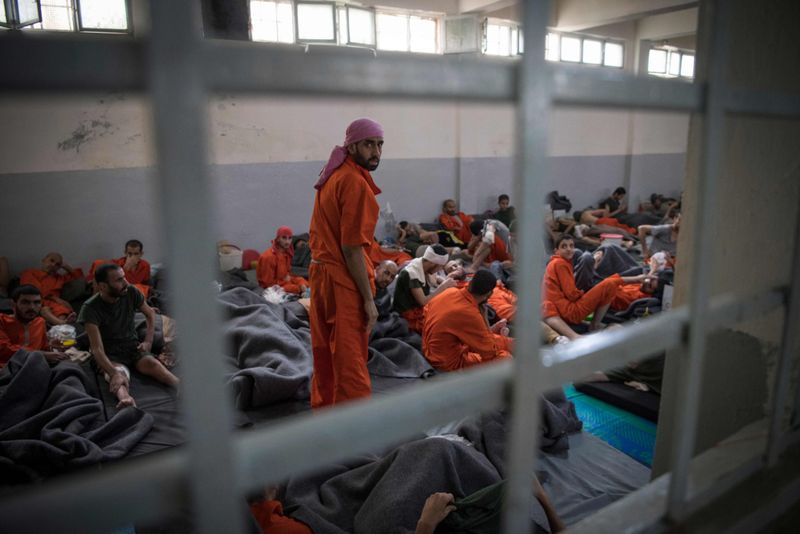
“Their recovery has been very slow, their organization is fragile and the killing of Baghdadi is bad timing for them,” said Hassan Hassan, a director of the Non-state Actors in Fragile Environments program at the Center for Global Policy.
“Even though they have likely prepared for this moment, it will be hard for them to ensure the organization remains intact.”
Their recovery has been very slow, their organization is fragile and the killing of Baghdadi is bad timing for them. Even though they have likely prepared for this moment, it will be hard for them to ensure the organization remains intact
Will his death have an immediate impact on the ground?
Baghdadi’s removal will also have little immediate effect on the way the group functions on the ground in Iraq and Syria, because it had already decentralized its decision-making, said Sam Heller, a senior analyst at the International Crisis Group.
There’s little evidence, he said, that Baghdadi was directly involved in steering the activities of the fighters who are seeking to regroup and revive their insurgency.
Cells scattered across mostly rural areas of northern and western Iraq and eastern Syria have been given broad latitude to manage their own affairs, and they are focused for now on securing their survival in a largely hostile environment.
They have become self-financing, Heller said, relying on extortion and shakedowns of communities in the areas in which they’re trying to rebuild.
Who will follow Baghdadi?
But Baghdadi’s huge ambitions, his outsize ego and, ultimately, the failure of his far-reaching project to build a state across a vast swath of Iraq and Syria make him a challenging act for any leader to follow, analysts say.
It’s likely that Baghdadi left instructions on who is to replace him, analysts say, but no obvious successor stands out. U.S. officials have intelligence on six Daesh individuals in the line of succession to Baghdadi, one U.S. official said, speaking on the condition of anonymity to discuss sensitive information.
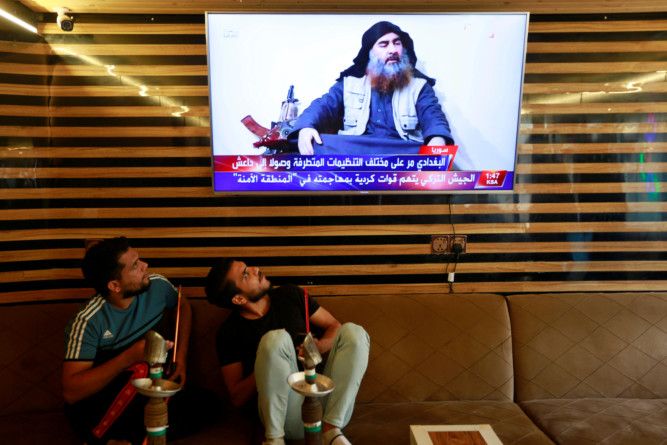
They are dispersed, he said, but U.S. intelligence “generally” knows where they are.
One name that has circulated is Al-Haj Abdullah Qardash, a shadowy figure of Turkmen origin from the Iraqi town of Tal Afar who was imprisoned with Baghdadi by the U.S. military in Camp Bucca over a decade ago and is known to have been one of his closest companions.
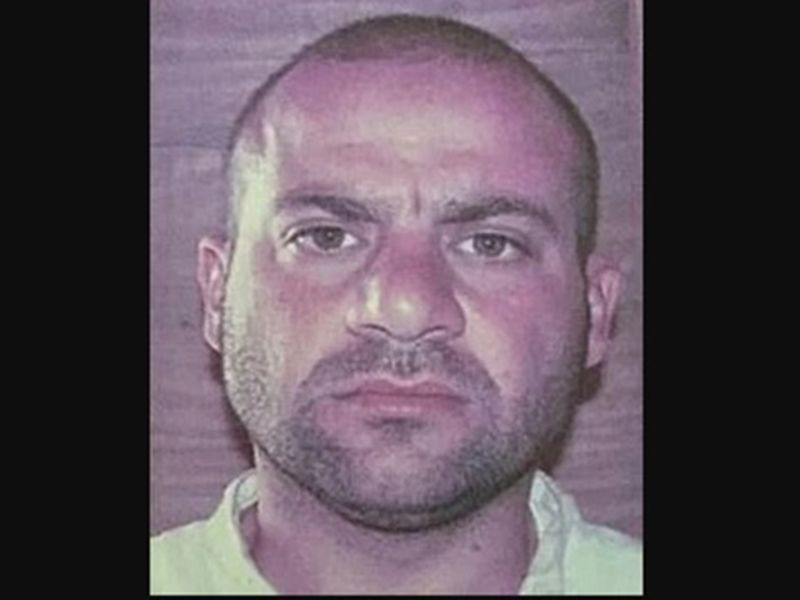
Hisham al-Hashemi, a Baghdad-based analyst who sometimes advises the Iraqi government, said one of the more senior non-Iraqi Daesh leaders is more likely to take over, if only because so many of Baghdadi’s closest Iraqi aides have been killed
. He suggested a Saudi citizen known as Abu Saleh al-Jazrawi, or Abu Othman al-Tunisi, who is thought to be one of two aides who appeared alongside Baghdadi in a video he released this year.
Could succession disputes further divide the group?
But splits could emerge in regards to who should take over and the future direction of the organization, further weakening the group in the months ahead, Hashemi said.
“It will shake the organization,” he said. They will have to start over without a renowned leader and without many of their key people. There will be divisions and some people will break away,” perhaps joining some of the al-Qaida affiliates who share a similar ideology.
An organizational implosion can’t be ruled out, said Ali Alleile, a Syrian journalist who closely monitors the group’s activities in Syria. Individual cells will continue to operate in various locations, he said, but the Daesh “needs a long time to be able to reestablish itself in a significant way.”
Will the group’s ideology persist?
It is likely. The grievances that drove the Daesh’s rise across the territories it once controlled persist, and many of the ordinary people who were alienated from the group by the devastation it brought on their communities could be more inclined to throw their support behind a rebranded insurgency.
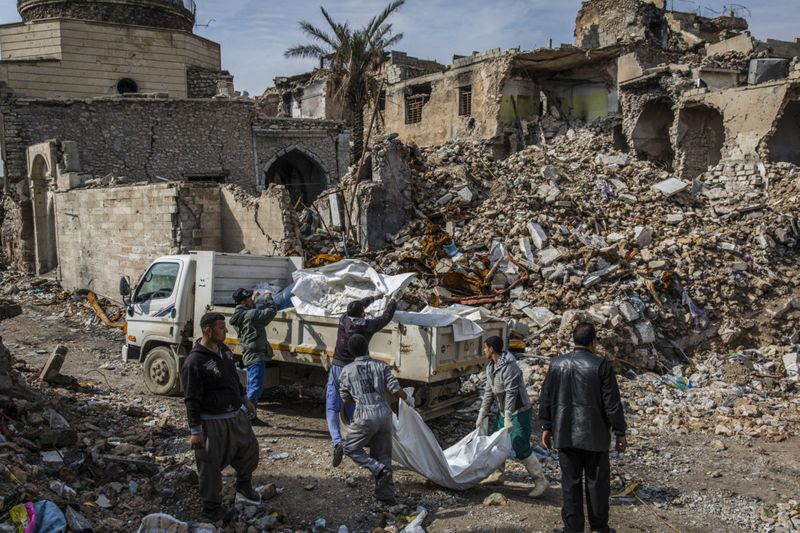
The group, which has gone through numerous iterations since its origins as an al-Qaida affiliate founded by Abu Musab al-Zarqawi in 2004 could choose another new name, Hashemi said.
Where once they confronted armies, the extremist Islamist group’s adherents have in recent years staged hit-and-run and suicide attacks. In some cases, the group has claimed responsibility for atrocities such as bombings in Sri Lanka in April that killed more than 250 people.
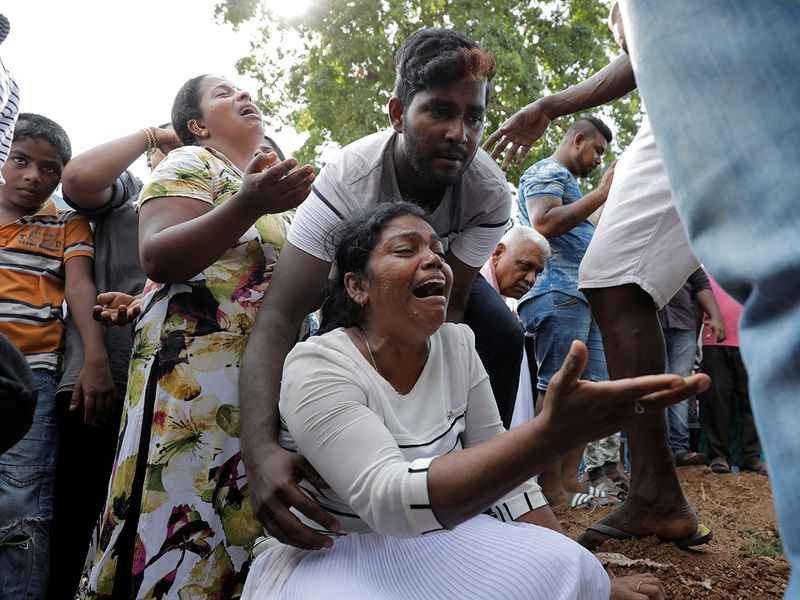
Daesh’s involvement is not always proven, but even if the link is ideological rather than operational, it is still seen as a security threat in many countries.
Iraqi Security Forces routinely carry out operations against remnants of the terrorist group, more than two years after its defeat.
Sleeper cells have regrouped in provinces including Diyala, Salahuddin, Anbar, Kirkuk and Nineveh, where they have carried out frequent attacks, including kidnappings and bombings aimed at undermining the Baghdad government.
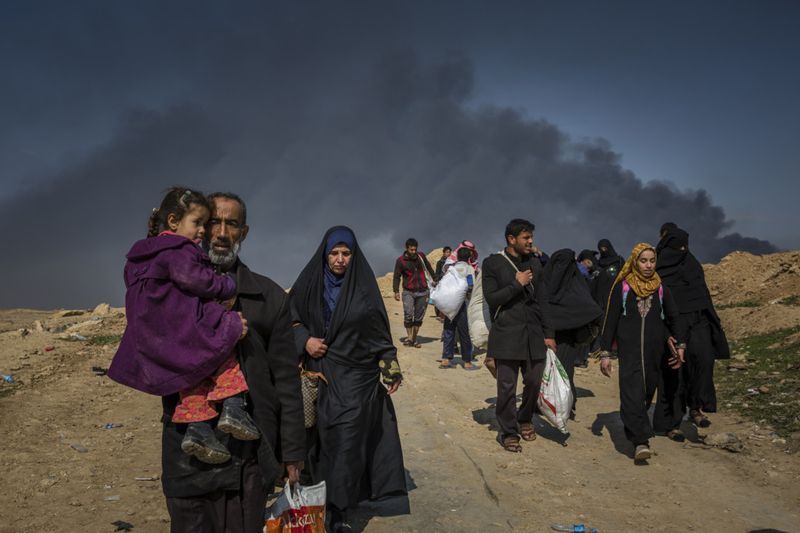
Baghdadi’s one enduring achievement, the establishment of a global network of affiliates in places as diverse as Nigeria, the Philippines and India, is unlikely to be significantly affected in the short term, because those groups operate independently of the central leadership in Iraq and Syria, analysts said.
But they could turn away from the movement if it doesn’t assert new leadership that can sustain Baghdadi’s appeal.






